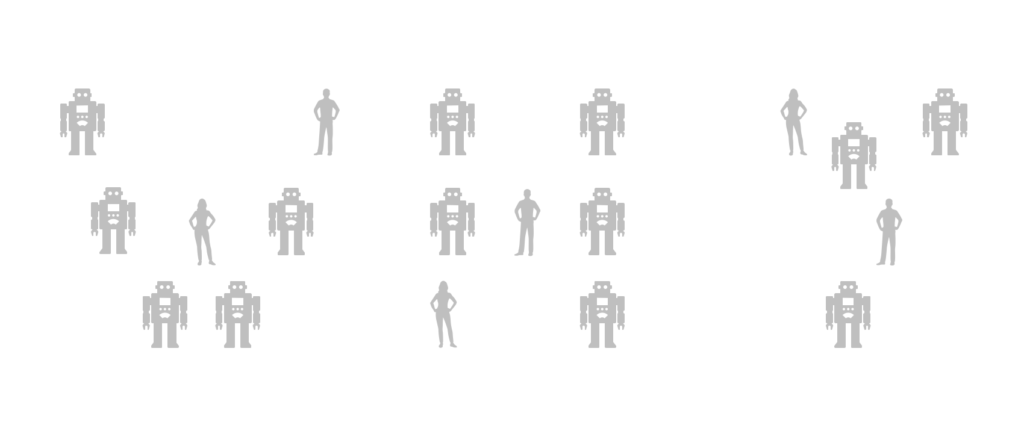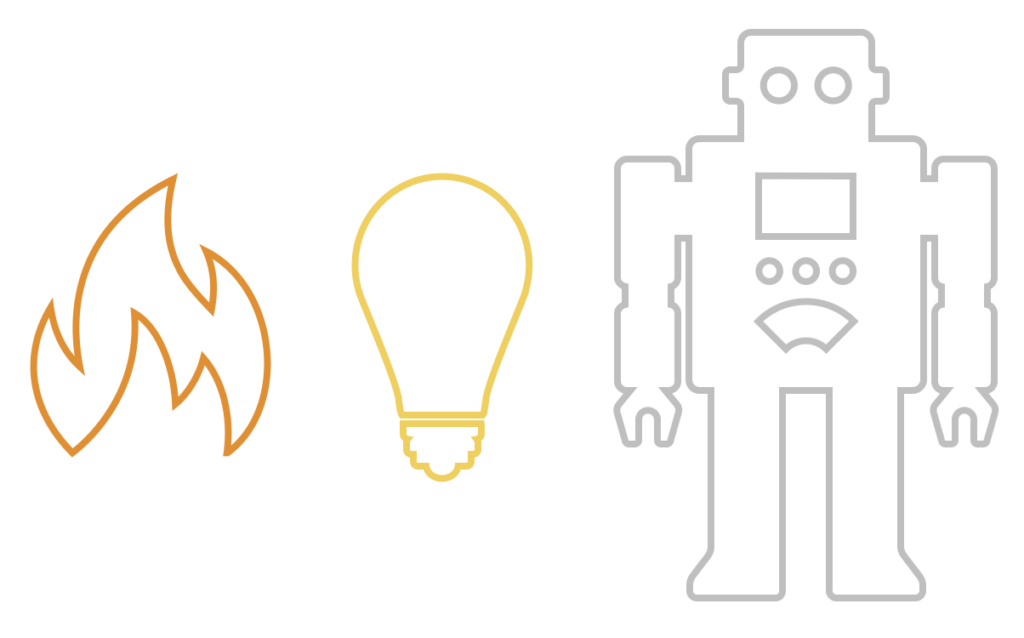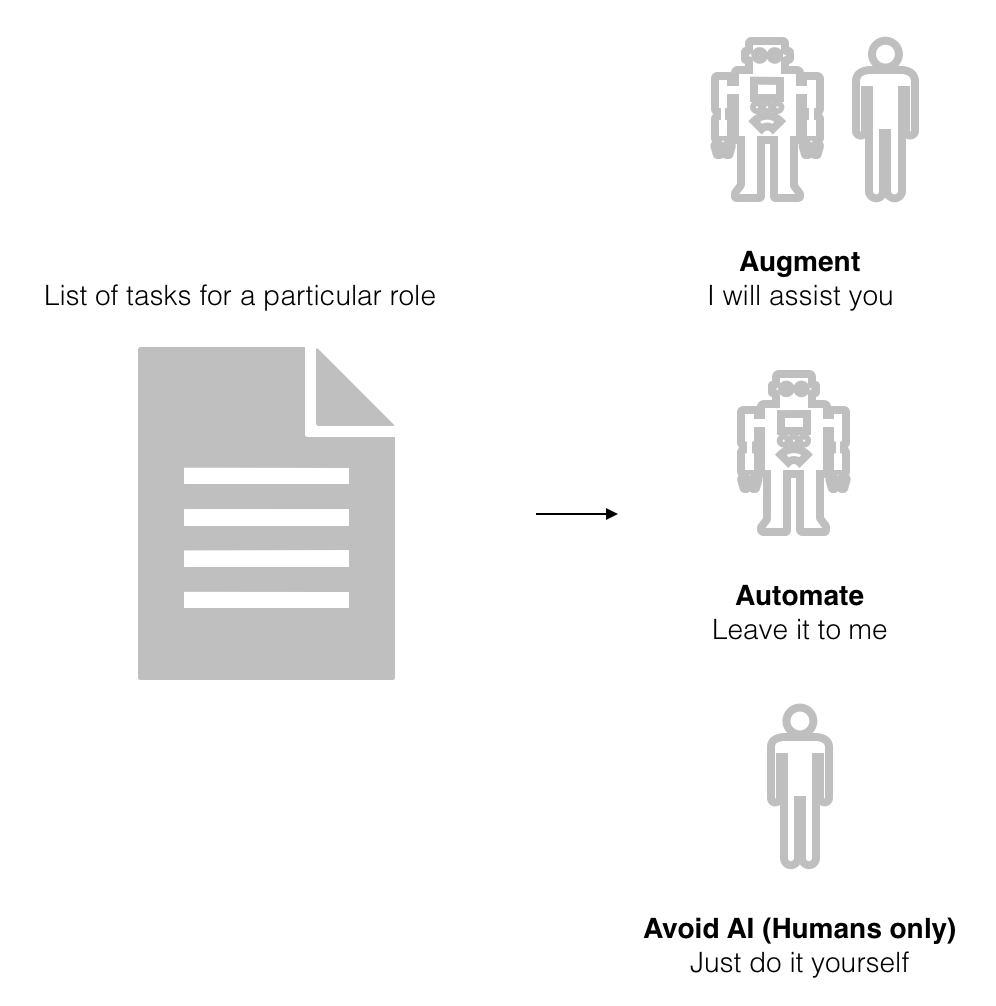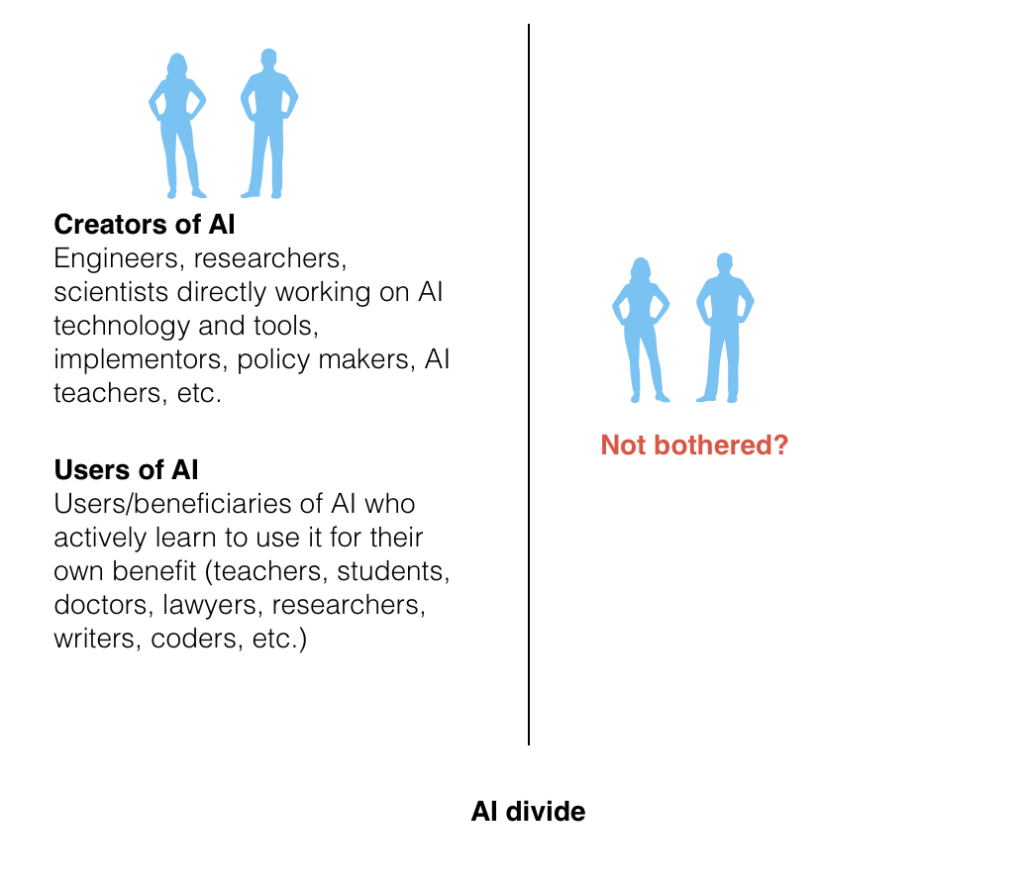
Why Should I Bother About AI?
I think it would be better to start with a different set of questions before answering “Why should I bother?”:
- Is AI a big deal?
- How it’s likely to impact?
- What choices do we have to deal with AI, including not bothering about it?
AI: A big deal?
When we were young, if our parents or teachers said something, we believed it. But now as adults, with regard to AI, whose words should we pay attention to? Indeed, a lot of people are saying a lot of things about AI, but I propose we pause for a few moments and let the words of the following three gentlemen sink in…
Bill Gates, Satya Nadella, and Sundar Pichai
The age of AI has begun.
The development of AI is as fundamental as the creation of the microprocessor, the personal computer, the Internet, and the mobile phone. It will change the way people work, learn, travel, get health care, and communicate with each other. Entire industries will reorient around it.
Bill Gates, Co-founder of Microsoft & Bill & Melinda Gates Foundation
AI is the defining technology of our times.
AI and machine learning is being infused into every experience in a deep way, and you’re going to see a lot of that.
Satya Nadella, CEO of Microsoft
I’ve always thought of AI as the most profound technology humanity is working on—more profound than fire or electricity or anything that we’ve done in the past.
Sundar Pichai, CEO of Google & Alphabet

If it is even bigger than fire or electricity, who can deny it’s a big deal? We are perhaps witnessing one of those times in the history of humanity that don’t come so often. The question is: Are we in tune with what’s happening?
How AI is likely to impact?
Depending on where we live, how old we are, and what we do, AI’s influence on lives will be different for different people. For example, a radiologist in a hospital may find that before she examines, all the scans now go to an AI-powered tool that can provide a pre-diagnosis with amazing accuracy. But in the same hospital, a physiotherapist may keep going about her work without much interface with AI.
Indeed among all the facets of life, an area of common interest is our jobs. How will AI affect the way we work? The answer lies in three A’s: Augment, Automate, and Avoid.
Augment
To grasp AI’s likely role at work, imagine an assistant joining you at work tomorrow who is totally at your disposal. We may call him an assistant, but he has all the knowledge you have about your own work. He has not only read all your emails, files, worksheets, presentations, etc. but has also gobbled up all the relevant organizational data, policies, priorities, trends, results, customer complaints, etc.
You decide to try him out: A chain of long emails arrives in your mailbox, and you ask him to read it and draft a reply. He drafts for you an amazingly appropriate response. But you would like a more concise response, so he immediately modifies it for you.
Next, you attend a meeting and bring along your assistant as well. This guy listens to everything spoken so you don’t worry about noting down anything. In between, you need some data from the meeting three weeks back, and he immediately brings it for you. Towards the end of the meeting, you also ask him to propose ideas for resolving the issue under discussion, and he immediately shares three ideas for your consideration. After the meeting, he gives you complete notes of the meeting, highlighting your own action points.
Next, you need to prepare a presentation on an initiative for reducing energy usage in your office. So you ask him to collect the previous three years’ data on energy usage, cost, office working hours, outside weather conditions, electricity prices, and equipment efficiency. And go ahead to create a presentation. He immediately gathers and analyzes all the data–and puts together a nice slide deck with proper charts, trends, and suggestions for reducing energy reduction.
Next, you need to organize a get-together three days later. You give him the broad details–occasion, number of people, duration, budget–and ask him to take care of the food and drinks. He contacts the attendees to get their food preferences, creates an interesting menu, checks the best prices in the market, and places the order after you give your go-ahead.
Just think about it…this is what AI is soon going to be: your virtual assistant or co-pilot who will help you do your job better and more efficiently. You can delegate all routine tasks to take the drudgery out of your work–enjoy more space to do what matters to you.
The main point: We are all used to treating software as a tool with no in-built intelligence. For the first time, we will be dealing with something that mimics human-like intelligence. That’s why the term “augment”: AI is set to amplify human capabilities.
But there is another scenario, which is a bit scary.
Automate
Depending on the work we do, there is a chance that the assistant is so smart and capable, that he takes over a whole chunk of tasks—and tells you not to bother about those things anymore.
One such area is the customer service representative’s job. We can all see how organizations have deployed chatbots to deal with customer inquiries. Currently, these bots are pre-programmed tools that dispense canned responses but soon this is going to change. You’ll not realize whether you’re talking with a bot or a human being.
And finally…
Avoid
After augmentation and automation, the remaining part is avoiding AI for tasks that are best done by humans. For example, face-to-face meetings with important clients or coaching team members, or letting the creative juices flow.

The most likely scenario for any job/occupation is that some of it will be augmented, some automated, and some untouched by AI. In what proportion? That’s the question that needs to be figured out by laying all the tasks for a particular role–and then putting them in three baskets: Augment, Automate, and Avoid.
What choices do we have?
Normally, we pay attention to something that is immediately beneficial or is an imminent threat. Which category AI falls into? Unfortunately, for many of us, it is neither due to a lack of awareness about how AI is silently infiltrating our lives from all directions.
You’ll realize AI itself is just a technology but depending on our response, it can be our friend or foe. Overall, the divide between those who are evolving with this new technology and those who are aloof is growing by the day.

Ultimately, the right question to ask is not “Why should I bother about it?” but “What’s the chance of ignoring someone who refuses to be ignored?”